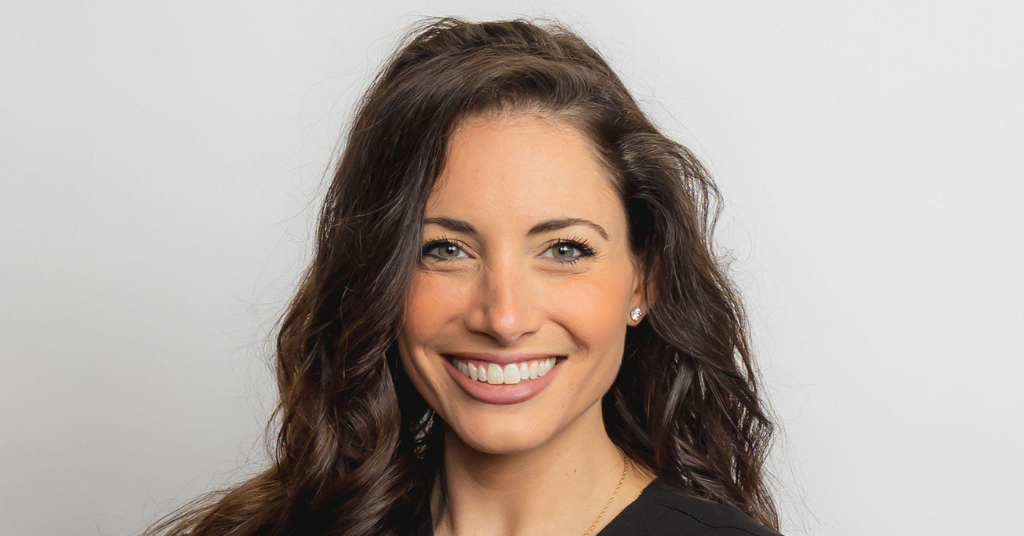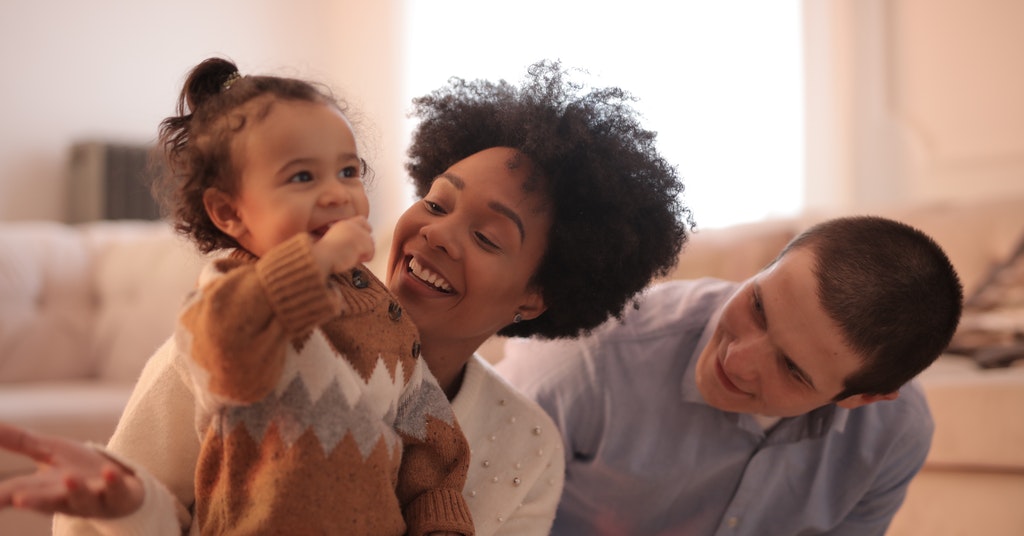
August Book Club: ‘On Being Human,’ by Jen Pastiloff
July 29, 2019
Studying Abroad with a Hearing Loss
July 31, 2019“EPHPHATHA” is a new book about a deaf child growing up in a hearing world

A new book called, “EPHPHATHA: Growing Up Profoundly Deaf and Not Dumb in the Hearing World: A Basketball Player’s Transformational Journey to the Ivy League.” is all about adapting and learning from people with hearing loss.
The book shares the inspirational life story of the author, Dr. Thomas Caulfield’s, son Christopher. The book, which focuses on his deaf child, details the struggles Christopher faced while navigating a hearing world.
The word “ephphatha” means to “be opened.” On the surface the story is about Christopher. But when you really dissect the narrative, it’s about his family, teammates, colleagues, and their willingness or unwillingness to be opened – to adapt and learn from someone with hearing loss.
This theme of openness and many others are consistent throughout the book. They serve as lessons from which everyone can benefit, regardless of hearing loss.
Be Open
Being the odd man out is never fun. Christopher experienced a lot of this. These instances often led to bigger lessons about forgiveness and respect. One excerpt in the book talks about a time when Christopher was bullied and was used as a scapegoat in school and on the basketball court as a direct result of his hearing loss.
“I passionately wished that the kids who were Christopher’s age, instead of being closed to interactions with our son, would just allow themselves to be opened,” Caulfield writes in the book.
“I passionately wished that the kids who were Christopher’s age … would just allow themselves to be opened.”
Of course, there were a few exceptions, especially among people who had experience with family members or friends with disabilities. These people were more comfortable inviting Christopher over to hang out, Caulfield says. In other words, empathy and understanding for one another makes for a more inviting and safe space.
Read more: 5 things I wish hearing people would know
Be Inclusive
Despite being the one of the best players on the basketball court, Christopher was determined to help all of his teammates play each game.
“[His] goal was to play each game extremely hard with the hope of raising his team’s score by twenty or thirty points,” Caulfield says. “This way his pals would be able to play, and if they were lucky, they might even be able to play as early as the third quarter.”
The observation from Caulfield in this situation is particularly poignant. “I wondered if this altruistic tendency Christopher displayed was some innate part of his personality,” he says. “Perhaps, though, it was more of a progression of painful interpersonal relationships where he had been dissed and thus knew he never wanted to see others affected that way.”
Look for New Perspectives
Caulfield has a theory that his son’s disability had led to his greater visual discrimination.
In one scenario, Christopher is breaking down a scene he sees unfolding while attending a basketball game as a spectator. His parents are completely unaware of what’s happening until their son recites the details to them. Caulfield said right then and there, “I realized once again that he definitely viewed the world differently than I did.”
Caulfield says he and his family learned to try to see the world through Christopher’s eyes to allow for a new perspective and keen attention to detail.
Take a Chance on People
Caulfield says his family grew with their purpose to help Christopher to be the best he could be. He goes on to say that yes, there were those who were less helpful. But the people who took a chance on him are the ones who helped make Christopher who he is today.
Give Back to Your Community
One final lesson from the book, is to help adapt and learn from people with hearing loss. Caulfield suggests to find your base community that has people that can serve as role models. Join organizations that can be supportive. And definitely, advocate relentlessly for your child’s development.
The Caulfields say they wanted to give back to others struggling in their own lives given what they learned. They spent nearly every Saturday morning for 10 years volunteering at a residential center for children with disabilities. They learned most importantly that everyone has a right to be understood.
“Give them a chance, and don’t be afraid of taking risks to bridge communication,” he writes.
Christopher graduated from RIT and was selected to be the commencement speaker during his grad school graduation at Cornell Tech. He has just started working at Microsoft in the AI division.
Caulfield’s book “EPHPHATHA: Growing Up Profoundly Deaf and Not Dumb in the Hearing World: A Basketball Player’s Transformational Journey to the Ivy League.” is now available on Amazon.
What have you learned from your child’s hearing loss? Do you know another book about a deaf child? Let us know in the comments!



